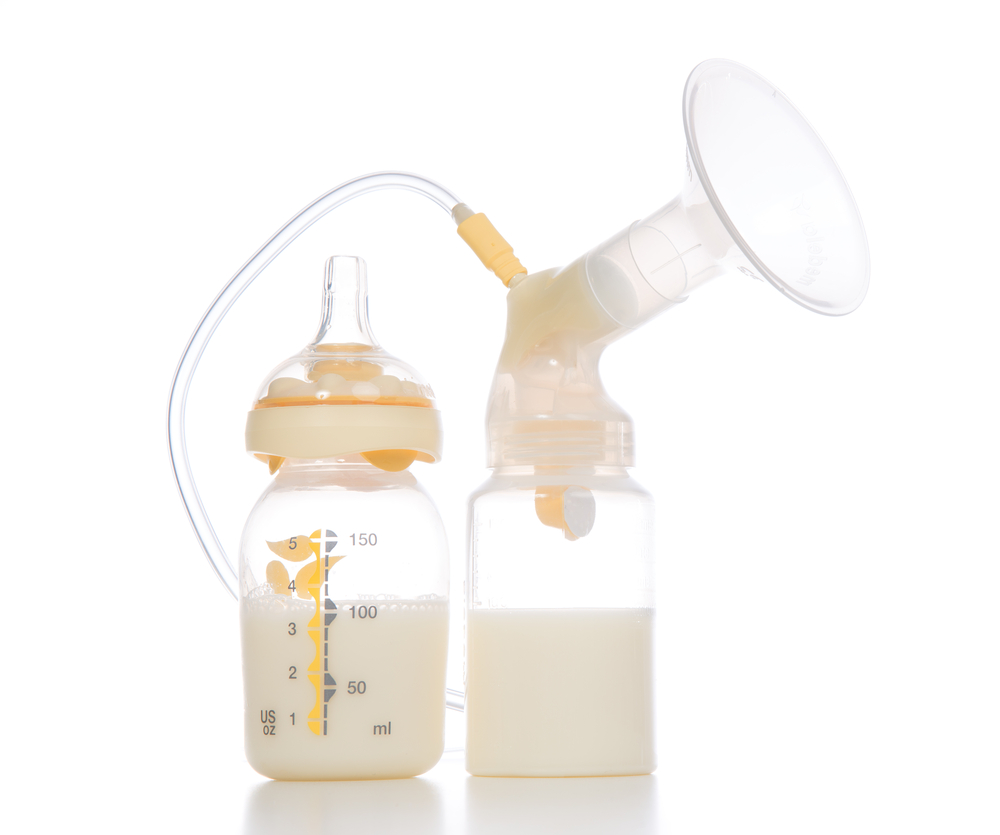Last week, the New York Supreme Court Appellate Division rejected a lower Family Court’s ruling that a woman’s decision to move across the country while pregnant was tantamount to “appropriation of the child while in utero”and therefore could bar her custody case from being heard in her new location.

The lower Family Court had found in May that petitioner Sara McK’s decision to relocate from California to New York to attend Columbia University while pregnant could bar New York courts from hearing her child custody case. The Family Court referee departed from typical custody statute – that custody cases be heard in a child’s home state, in this case New York, where the child was born – based on the “appropriation” characterization. This interpretation of the statute placed unconstitutional constraints on a woman’s basic decisions, such as where she lives, works, and attends school while pregnant. It also meant fathers could limit the movement of pregnant women.
The recent decision to reject the earlier ruling “affirms that women who become pregnant may not be penalized for exercising their rights to travel and to seek an education,” said Lynn Paltrow, executive director of National Advocates for Pregnant Women.
The Appellate Division’s ruling made clear that courts cannot hear custody matters that are filed prior to birth, and that McK’s relocation should not have factored into the lower Family Court’s finding.
In several other cases, the rights of pregnant women have been restricted in the name of protecting the fetus. One pregnant woman was detained after trying to get help for her painkiller use, and another was charged with attempted feticide after a suicide attempt.
Media Resources: National Advocated for Pregnant Women 11/18/13; NYCourts.gov 11/14/13; RH Reality Check 11/15/13
This post was originally published on the Feminist Newswire. If you’d like, you can subscribe to the Feminist News digest for a weekly recap of our newswire stories.







































